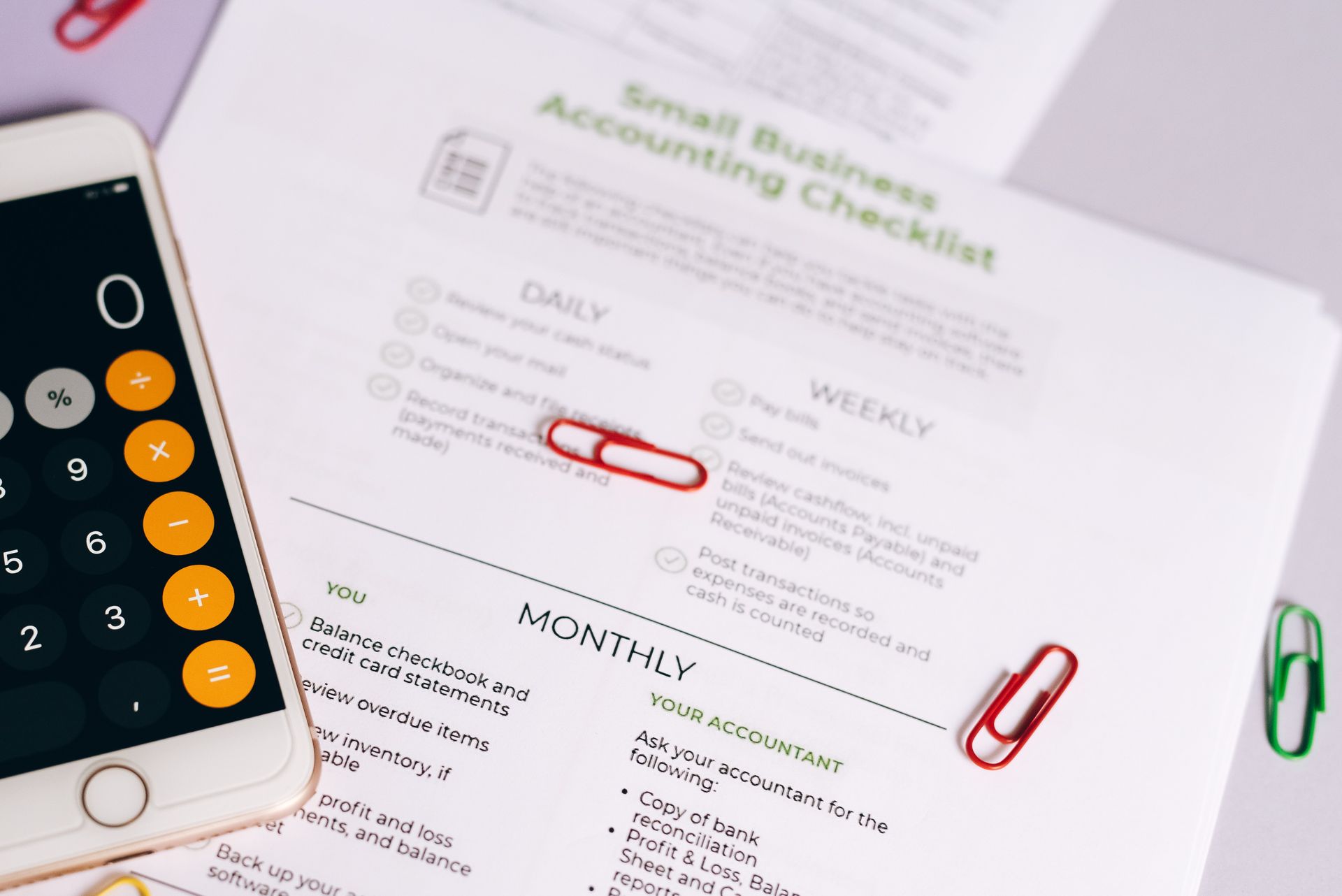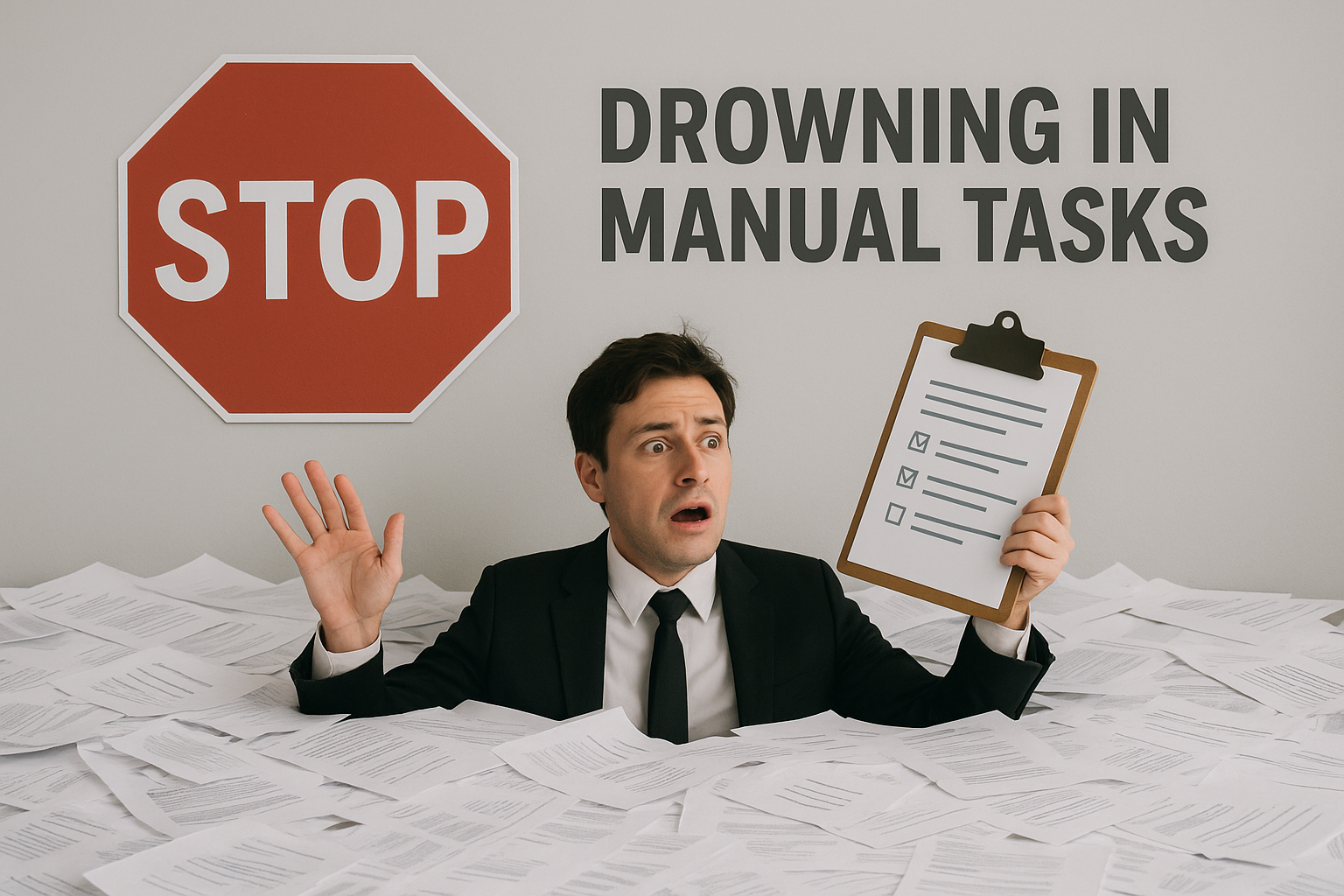Tax saving strategies prior to 1 July 2023 for individuals and Sole Traders

A strategy often used to reduce taxable income (and, in turn, tax payable) in an income year is to bring forward any expected or planned deductible expenditure from a later income year. However, any individuals with potentially reduced income for the 2023 tax season may want to instead consider deferring any deductible expenditure (if possible).
Top tax tips for Individuals
The following outlines common types of deductible expenses claimed by individual taxpayers, such as employees and rental property owners, and some strategies for increasing their deductions for the 2023 income year.
1. Depreciating assets costing $300 or less
Salary and wage earners and rental property owners will generally be entitled to an immediate deduction for certain income-producing assets costing $300 or less that are purchased before 1 July 2023. Some purchases you may consider include:
- tools of trade;
- electronic tablets;
- calculators or electronic organisers;
- software;
- books and trade journals;
- stationery; and
- briefcases/luggage or suitcases.
2. Clothing expenses
Individuals may pay for work-related clothing expenses before 1 July 2023, such as:
- compulsory (or non-compulsory and registered) uniforms, and occupation specific and protective clothing; and
- other associated expenses such as dry-cleaning, laundry and repair expenses.
3. Self-education expenses
Employees may prepay self-education items before 1 July 2023, such as:
- course fees (but not HELP repayments or student contribution amounts), student union fees, and tutorial fees; and
- interest on borrowings used to pay for any deductible self-education expenses.
They may also bring forward purchases of stationery and text books (i.e., those that are not required to be depreciated).
4. Other work-related expenses
Employees may also prepay any of the following expenses before 1 July 2023:
- Union fees.
- Subscriptions to trade, professional or business associations.
- Seminars and conferences.
- Income protection insurance (excluding death and total/permanent disability).
- Magazine and professional journal subscriptions.
Note: If prepaying any of the above expenses before 1 July 2023, ensure that any services being paid for will be provided within a 12-month period that ends before 1 July 2024. Otherwise, the deductions will generally need to be claimed proportionately over the period of the prepayment.
Top tax tips for sole traders
1. Write-off bad debts
To be a bad debt, you need to have brought the income to account as assessable income and given up all attempts to recover the debt. It needs to be written off your debtors’ ledger by 30 June. If you don’t maintain a debtors’ ledger, a director’s minute confirming the write-off is a good idea.
2. Review your asset register and scrap any obsolete plant
Check to see if obsolete plant and equipment is sitting on your depreciation schedule. Rather than depreciating a small amount each year, if the plant has become obsolete, scrap it and write it off before 30 June. Small business entities can choose to pool their assets and claim one deduction for each pool. This means you only have to do one calculation for the pool rather than for each asset.
3. Bring forward repairs, consumables, trade gifts or donations
To claim a deduction for the 2022-23 financial year, consider paying for any required repairs, replenishing consumable supplies, trade gifts or donations before 30 June.
4. Pay June quarter employee super contributions through the ATO clearing house by 30 June 2023
Pay June quarter super contributions this financial year if you want to claim a tax deduction in the current year. The next quarterly superannuation guarantee payment is due on 28 July 2023. However, some employers choose to make the payment early to bring forward the tax deduction instead of waiting another 12 months. Don’t forget yourself. Superannuation can be a great way to get tax relief and still build your personal wealth. Your personal or company sponsored contributions need to be received by the fund before 30 June to be deductible. If you are intending to claim an income tax deduction for the current financial year, the relevant super payments must be received by the super fund on or before 30 June 2023.
5. Realise any capital losses and reduce gains
Neutralise the tax effect of any capital gains you have made during the year by realising any capital losses – that is, sell the asset and lock in the capital loss. These need to be genuine transactions to be effective for tax purposes.
6. Raise management fees between entities by June 30
Where management fees are charged between related entities, make sure that the charges have been raised by 30 June. Where management charges are made, make sure they are commercially reasonable and documentation is in place to support the transactions. If any transactions are undertaken with international related parties then the transfer pricing rules need to be considered and the ATO’s documentation expectations will be much greater. This is an area under increased scrutiny.
7. Small Business Technology Investment Boost and Small Business Skills and Training Boost
The Treasury Laws Amendment (2022 Measures No. 4) Act 2023 passed both Houses of Parliament on Thursday 22 June 2023 and received Royal Assent on Friday 23 June 2023.
Small Business Technology Investment Boost
Small businesses (with an aggregated annual turnover of less than $50 million) can deduct an additional 20 per cent of the expenditure incurred for the purposes of business digital operations or digitising its operations on business expenses and depreciating assets such as portable payment devices, cyber security systems or subscriptions to cloud based services.
An annual $100,000 cap on expenditure will apply to each qualifying income year. Businesses can continue to deduct expenditure over $100,000 under existing law.
When the technology investment boost applies
This measure applies to expenditure incurred in the period commencing from 7:30 pm AEDT 29 March 2022 until 30 June 2023. An entity can claim the boost for expenditure on a depreciating asset only if the asset is first used, or installed ready for use, by 30 June 2023.
According to the Bill and associated explanatory materials, it is anticipated special rules will apply to when the bonus deduction can be claimed in tax returns depending on a business's balancing date.
Small Business Skills and Training Boost
Small businesses with an aggregated annual turnover of less than $50 million will be able to deduct an additional 20% of expenditure that is incurred for the provision of eligible external training courses to their employees by registered providers in Australia. Businesses may continue to deduct expenditure that is ineligible for the bonus deduction in accordance with the existing tax law.
When the skills and training boost applies
This measure applies to expenditure incurred in the period commencing from 7:30 pm AEDT 29 March 2022 until 30 June 2024.
Based on the Bill and associated explanatory materials, it is anticipated special rules will apply to when the bonus deduction can be claimed in tax returns depending on a business's balancing date.
How to claim the boosts
For more information on how and when to claim the boosts:
What we need from you
This is a general list of what to have ready when we next meet with you:
- Accounts data file (MYOB, Quickbooks, access to Xero)
- Debtors & creditors reconciliation
- Stocktake if applicable (or if your business has an aggregated turnover of less than $50m, consider using the simplified trading stock rules)
- 30 June bank statements on all relevant loan documents
- Documents on new assets bought or sold, including the date you entered the contract and the date the asset was first used or installed ready for use
- Details of any grants or disaster loans received
- Details of any insurance payouts for your business or business premises
- Payroll reconciliation
- Superannuation reconciliation
- Cash book (if applicable)
- Details of any transactions involving cryptocurrency (e.g., Bitcoin) by providing us with a Koinly tax report
- 30 June statements on any investment or operating accounts
And, if we are preparing your individual income tax return:
- Home office running expenses - see the ATO guide here for the new requirements for the 2023 year for
l Revised Fixed Rate Method or
l Actual Cost Method
- Work from home diary
- Electric car details
- Income Statement
- Tax statements of managed investment funds
- Interest income from banks and building societies
- Dividend statements for dividends received
- For share sales or purchases, the purchase and sale contract notes
- For real estate sales or purchases, the solicitor’s correspondence for the purchase and sale, real estate agent fees on sale
- Rental property statements from real estate agent and details of other expenditure incurred
- Work related expenses
- Self-education expenses
- Travel expenses
- Donations to charities
- Health insurance and rebate entitlement
- Family Tax Benefits received
- Commonwealth assistance notices
- IAS statements or details of PAYG Instalments paid
- Details of any transactions involving cryptocurrency (e.g., Bitcoin, NFTs) by providing us with a Koinly tax report
- Details of any income derived from participating in the sharing economy (e.g., Uber driving, rent from AirBNB, jobs completed through Airtasker etc.,)
Please note that many of the comments in this publication are general in nature and anyone intending to apply the information to practical circumstances should seek professional advice to independently verify their interpretation and the information’s applicability to their particular circumstances. Should you have any further questions, please email us at RGA Business and Tax Accountants at reception@rgaaccounting.com.au . All rights reserved. Brought to you by RGA Business and Tax Accountants. Liability Limited by a scheme approved under Professional Standards Legislation.









